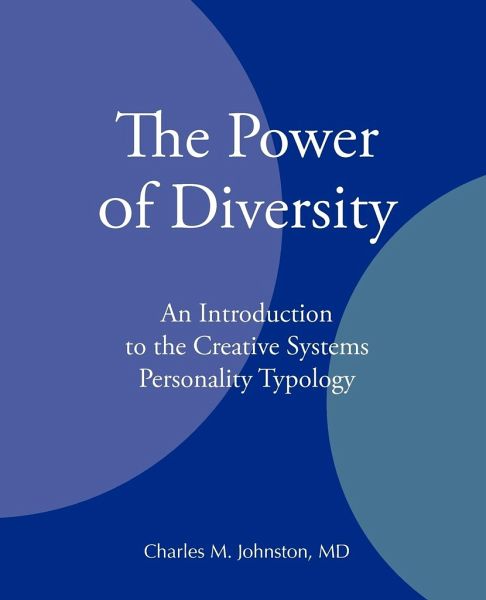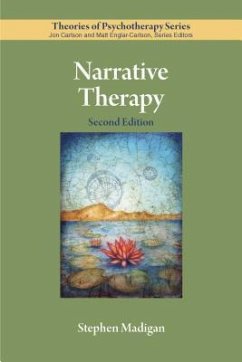
The Power of Diversity
An Introduction to the Creative Systems Personality Typology
Versandkostenfrei!
Versandfertig in 1-2 Wochen
10,99 €
inkl. MwSt.

PAYBACK Punkte
5 °P sammeln!
The Creative Systems Personality Typology is a sophisticated yet straightforward framework for making sense of temperament differences. It is based on Creative Systems Theory, a comprehensive perspective for understanding change and interrelationship in human systems. The CSPT is used by educators, psychotherapists, and organizational consultants as well as people simply wanting greater self understanding. It is notable for the depth at which it addresses not just thoughts and behaviors, but more fundamental differences in how we organize experience. It has particular application to understand...
The Creative Systems Personality Typology is a sophisticated yet straightforward framework for making sense of temperament differences. It is based on Creative Systems Theory, a comprehensive perspective for understanding change and interrelationship in human systems. The CSPT is used by educators, psychotherapists, and organizational consultants as well as people simply wanting greater self understanding. It is notable for the depth at which it addresses not just thoughts and behaviors, but more fundamental differences in how we organize experience. It has particular application to understanding how relationships-from our intimate connectings to work teams-can be made most powerful and creative. It also has particular pertinence to the new, more powerful ways of thinking and relating on which our future depends. This brief introduction to the Creative Systems Personality Typology was developed as one in a series of Institute for Creative Development educational resources.














